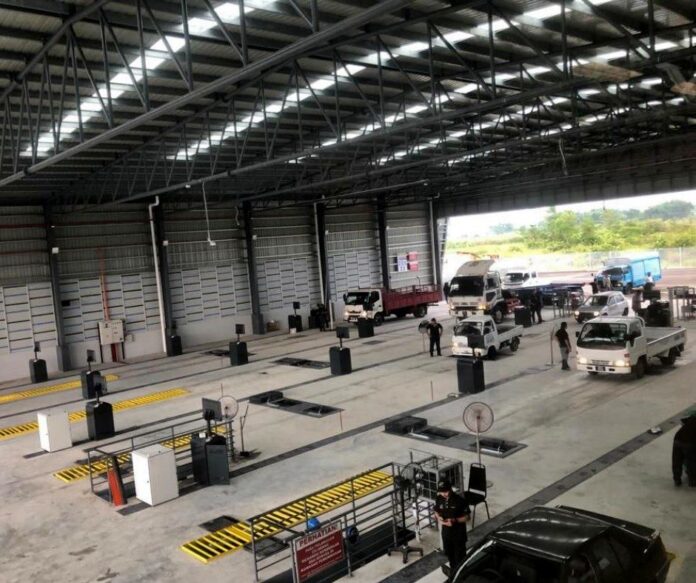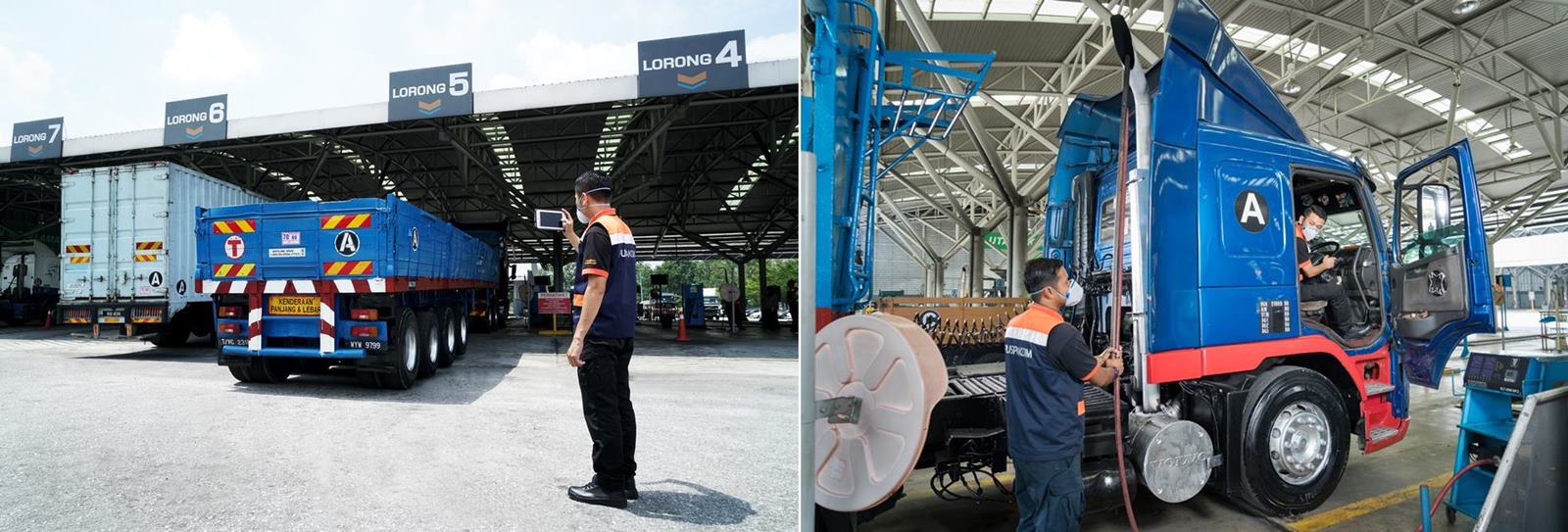PUSPAKOM, a subsidiary of the DRB-HICOM Group, began operations in 1994, to conduct technical inspections of vehicles for roadworthiness and compliance with regulations. While the total number of vehicles inspected over the past 30 years is not available, the most recent data available shows that the company inspected 3 million vehicles in a year, of which 2.8 million were commercial vehicles.
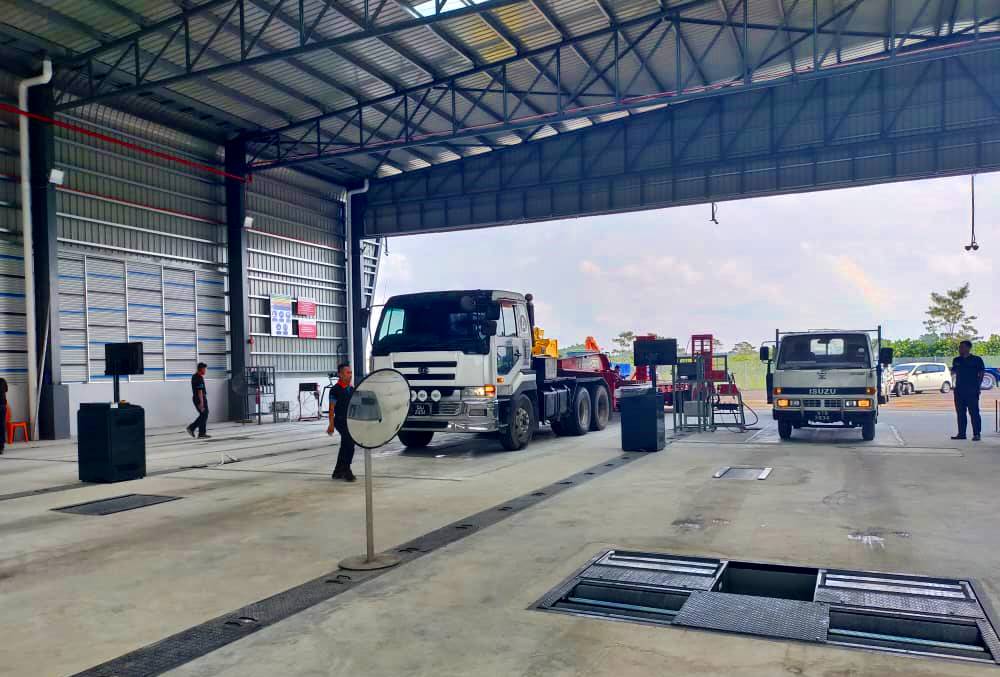
Because PUSPAKOM has been the only company appointed by the JPJ (Road Transport Department) and Transport Ministry to conduct such inspections (which are mandatory every 6 months for commercial vehicles), it is often involved in accidents involving commercial vehicles. Questions are raised as to whether the vehicles were roadworthy and when they were inspected.
In the past month, major accidents involving commercial vehicles (one of which included a bus) that resulted in deaths have put PUSPAKOM in the spotlight. With the Transport Minister ordering thorough investigations into all aspects, the JPJ carried out surprise checks at PUSPAKOM branches around the country.

JPJ’s surprise checks
Such checks are not unusual, according to PUSPAKOM’s CEO, Mahmood Razak Bahman, and occur periodically. However, during these recent visits (which were not informed in advance), some 350 JPJ officers checked extensively and found vehicles that already had faults and then discovered that vehicles were passed even though they should not have.
Although there were reports that 7 vehicles had been seized in PUSPAKOM premises during the ‘raids’, Encik Mahmood Razak said this was incorrect. Over 100 vehicles that were seized had not yet entered the inspection centre and were waiting outside when JPJ officers made their checks and found them to have faults. “Only one vehicle was seized at our Wangsu Maju branch,” he said.
He also said that four officers at the Wangsa Maju branch were summoned to provide statements as there were irregularities in the approvals given to vehicles (actually supposed to fail). The staff are the subject of investigations by the JPJ.
No compromise on corruption
Encik Mahmood Razak said that PUSPAKOM has high standards of integrity and will not hesitate to take action against any of its staff who commit any wrongdoing. “No compromise. For the first offence committed, we will issue a verbal warning, followed by a written warning. If it is a very serious matter, we will even dismiss the staff,” he said.
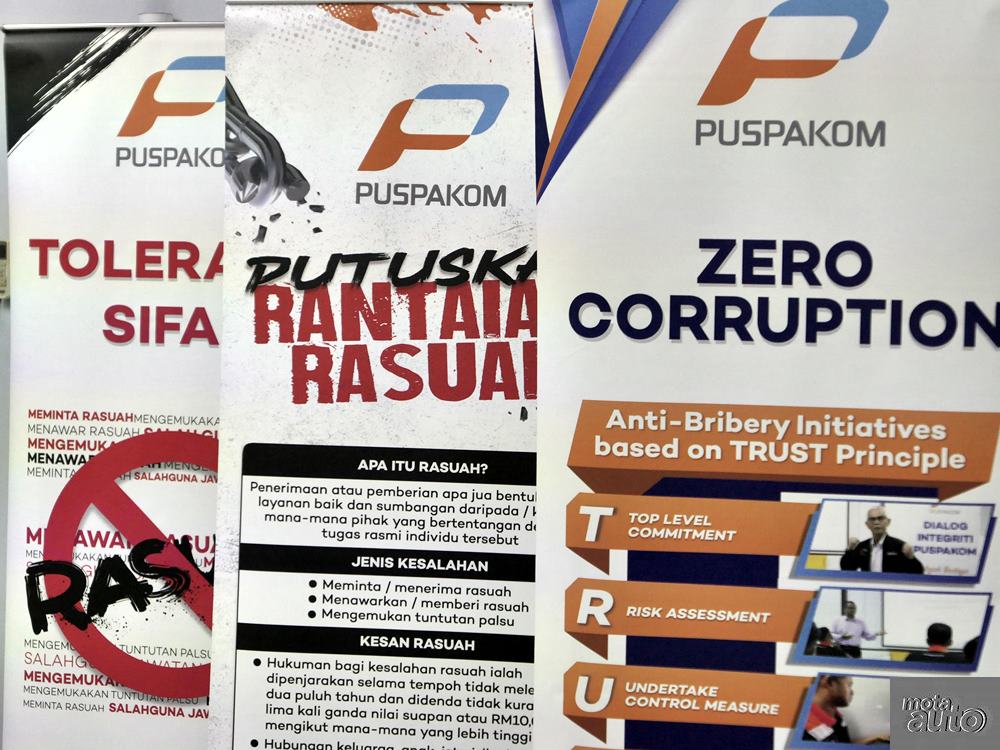
Understandably, corruption will occur in any organisation where the public has to obtain approvals though it would not be fair to say all the personnel are corrupt. There will be a few ‘rotten apples’ who are tempted to accept bribes and give approvals. But in such cases, allowing a vehicle with faults to pass and continue being run on public roads can be fatal – as has been seen by the recent accidents.
Investigating recent accidents
On the recent accidents, Encik Mahmood Razak said that PUSPAKOM had checked its records. With regard to the Ayer Keroh accident involving 5 vehicles, the lorry involved (a Foton from China) seemed to have failure at the front axle. The investigation was incomplete, he said, partly due to not being able to examine the tyre condition as it could not be found.
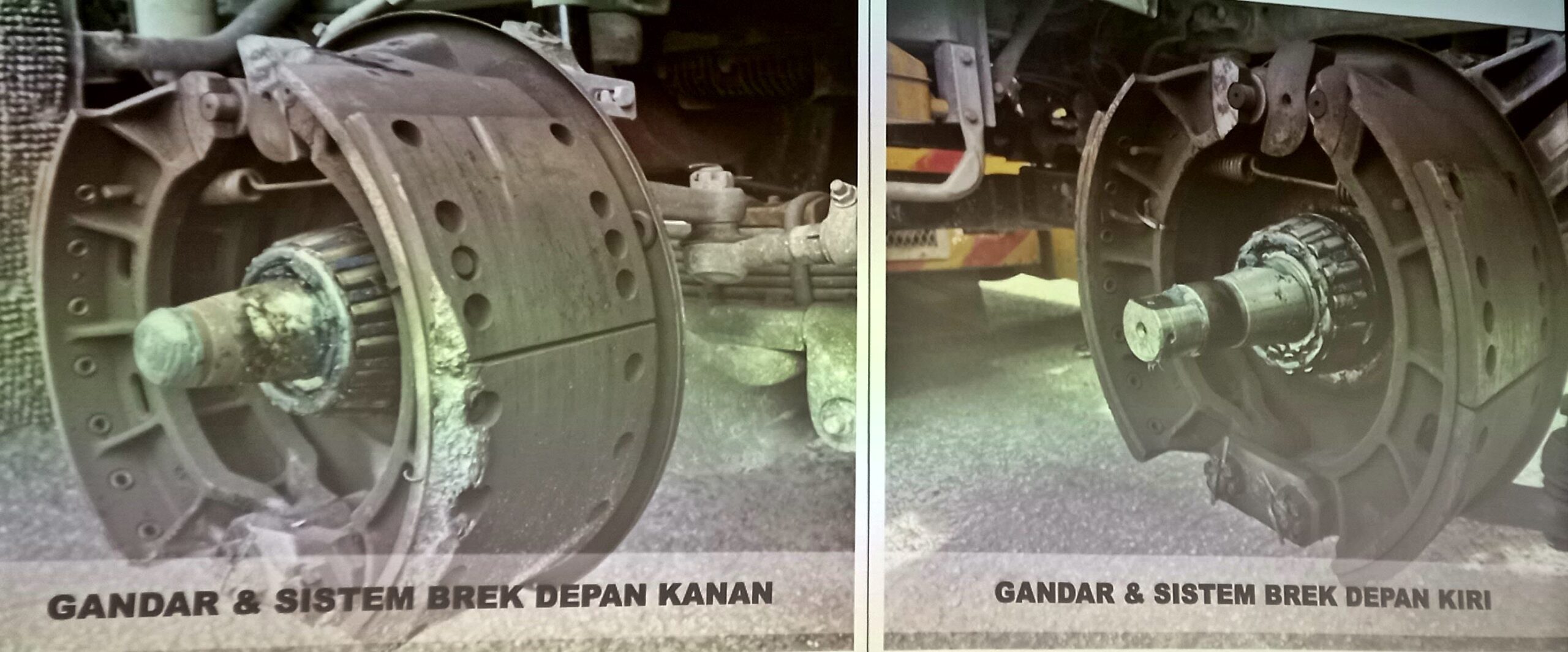
Nevertheless, a report has been submitted to MIROS (Malaysian Institute of Road Safety Research) and it also mentions that the lorry was quite new – manufactured in 2023 and inspected in March 2024. Although there is the 6-month mandatory inspection, at the time of the accident, it had not been sent in because for new vehicles, the first inspection is only required after 12 months. So it was not due for an inspection till 2025.
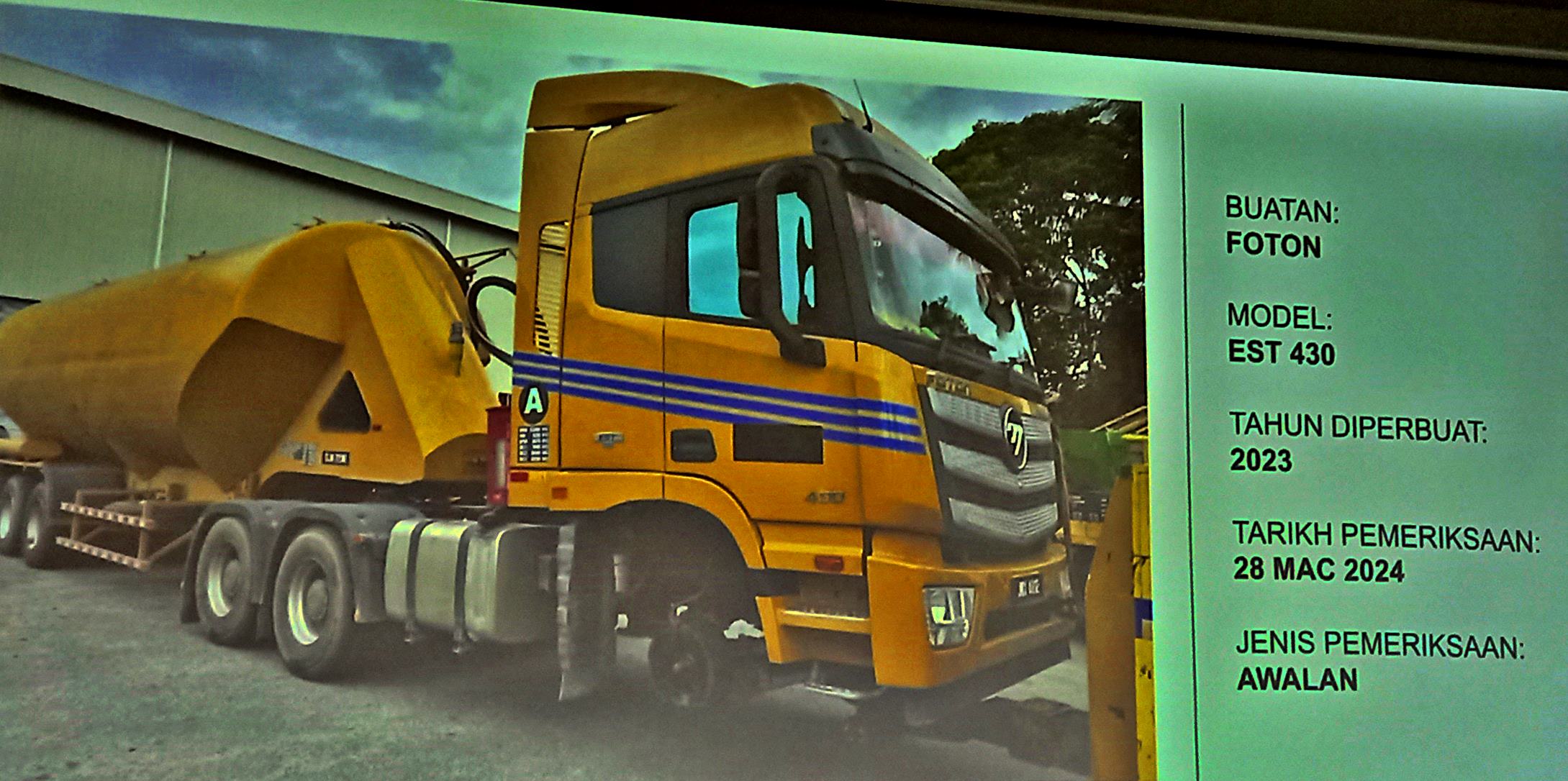
“Our technical team was puzzled why a new vehicle should have such a failure and in our report, we have highlighted this for MIROS and JPJ to investigate further,” he said.

Powerless against tyre-switching
Regarding the issue of vehicle operators (even taxi drivers) switching the tyres before inspection and certain shops supporting this irresponsible practice, Encik Mahmood Razak acknowledged that it exists. “But we cannot do anything about it as we do not have the power to take any form of action,” he explained. “Those who rent tyres for the purpose of passing inspections should realise that it is a dangerous practice.”
He urged the JPJ to seriously look into this practice and if they have any way to stop it, PUSPAKOM will support it and implement it.
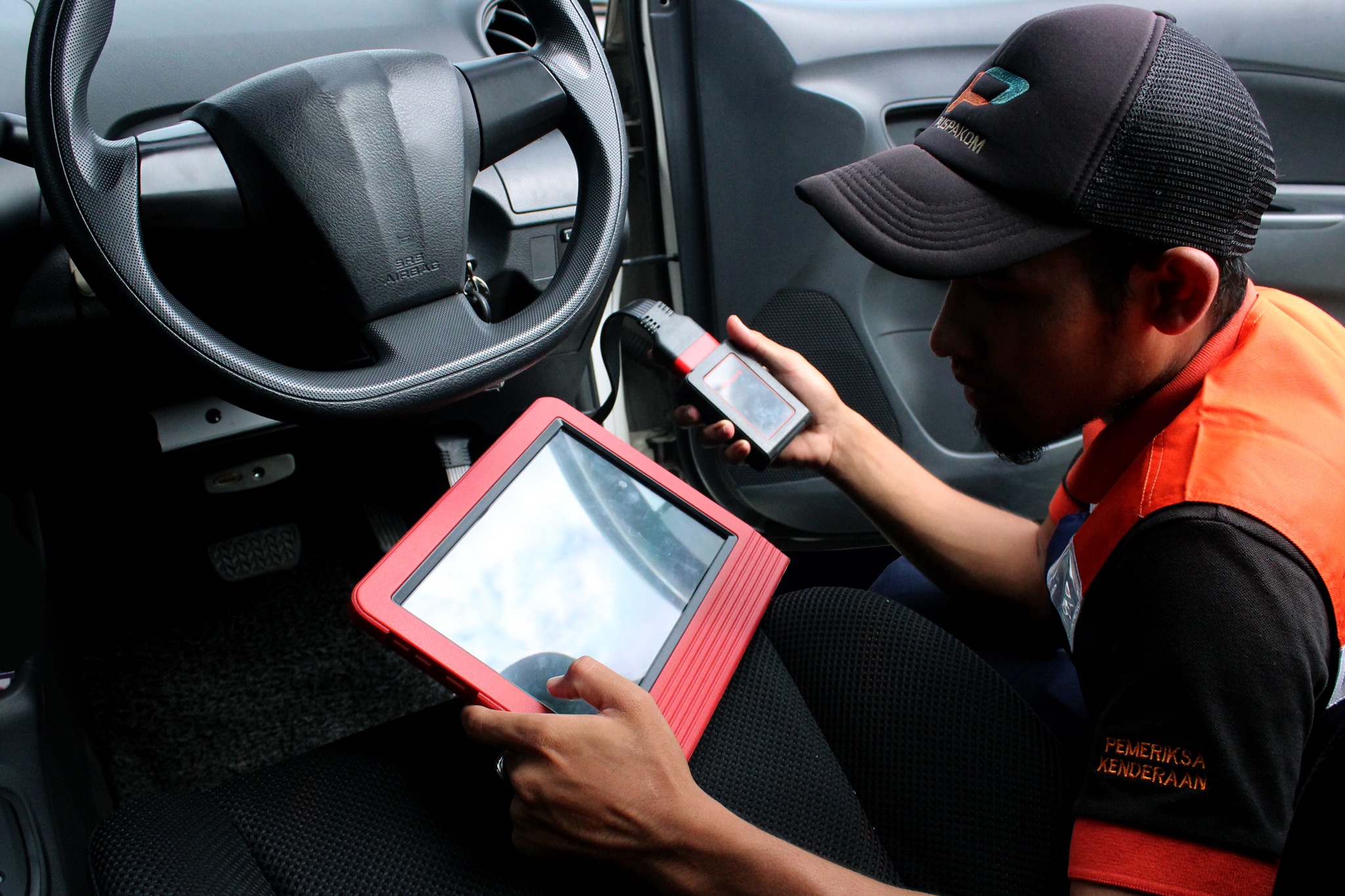
8% of vehicles fail inspections
On the failure rate of vehicles, of the 3 million vehicles inspected in a year, 8% usually fail. That’s 240,000 vehicles that don’t pass for various reasons. When they do not pass, they are expected to rectify the faults identified and then bring the vehicle back for inspection. Until the vehicle is passed, they are not permitted to operate it.
The highest number of failures are related to the brakes, followed by tyres, while other areas make up the remainder. The inspections that are conducted by PUSPAKOM are based on the requirements of the JPJ vehicle regulations.
More inspection companies to be appointed
Since September last year, the monopoly that PUSPAKOM has had with regards to vehicle inspections has ended. The Transport Ministry has opened the services to other parties and the latest news is that at least 10 applications have been received and those accepted will commence during 2025.
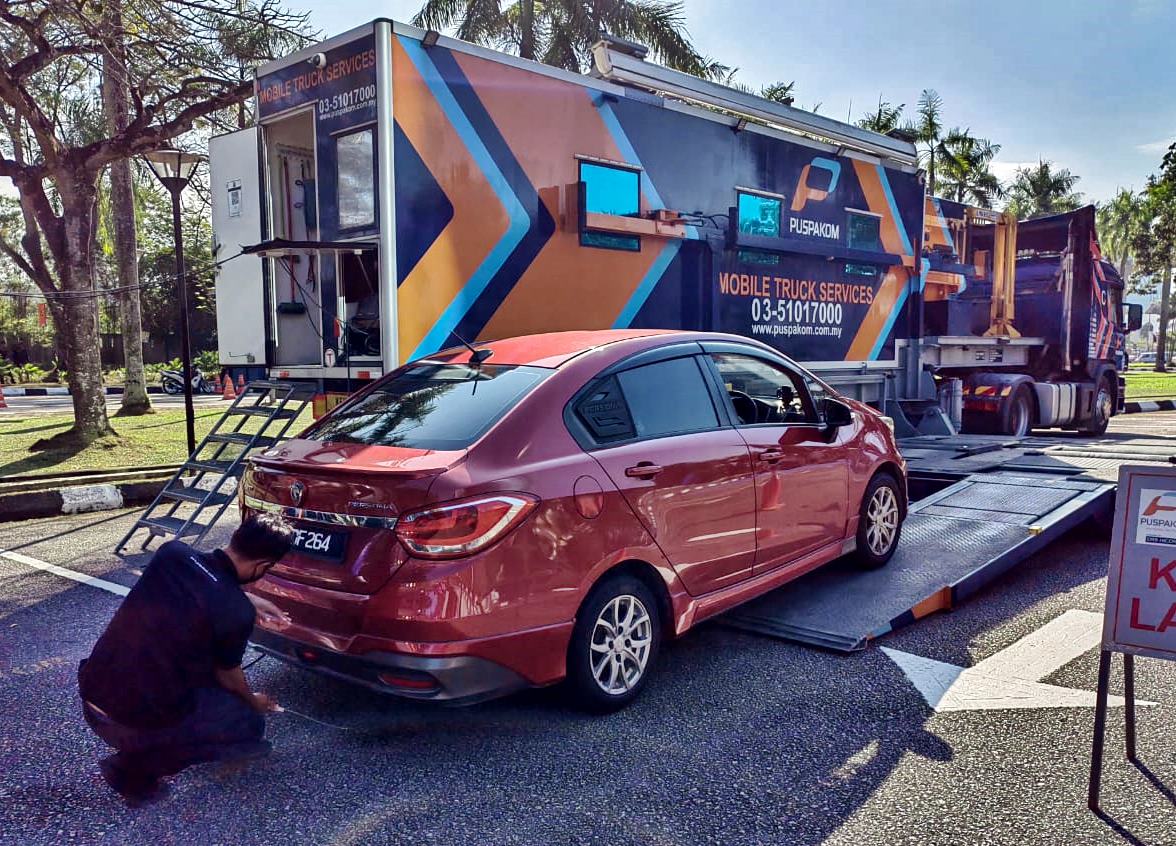
PUSPAKOM will continue its services since it already has 53 inspection centres nationwide (including 14 in Sabah and Sarawak), and has been given a 15-year contract. The company will continue to advance its inspection technologies and use AI (artificial intelligence) for quicker and more efficient inspections under the vehicle.
The move, which comes partly as a result of the concession given to PUSPAKOM ending, is intended to create competition which is supposed to be healthy. An increased number of inspection centres in more locations will certainly benefit vehicle operators. Hopefully, JPJ will be diligent in conducting checks to ensure that strict standards and integrity are maintained at all times.
